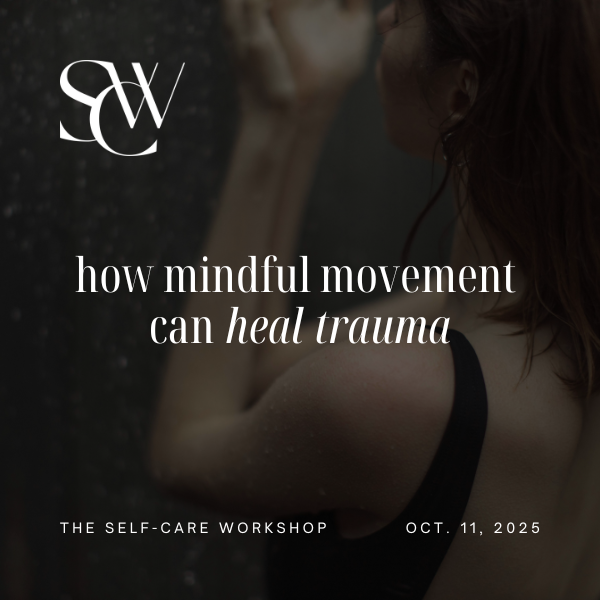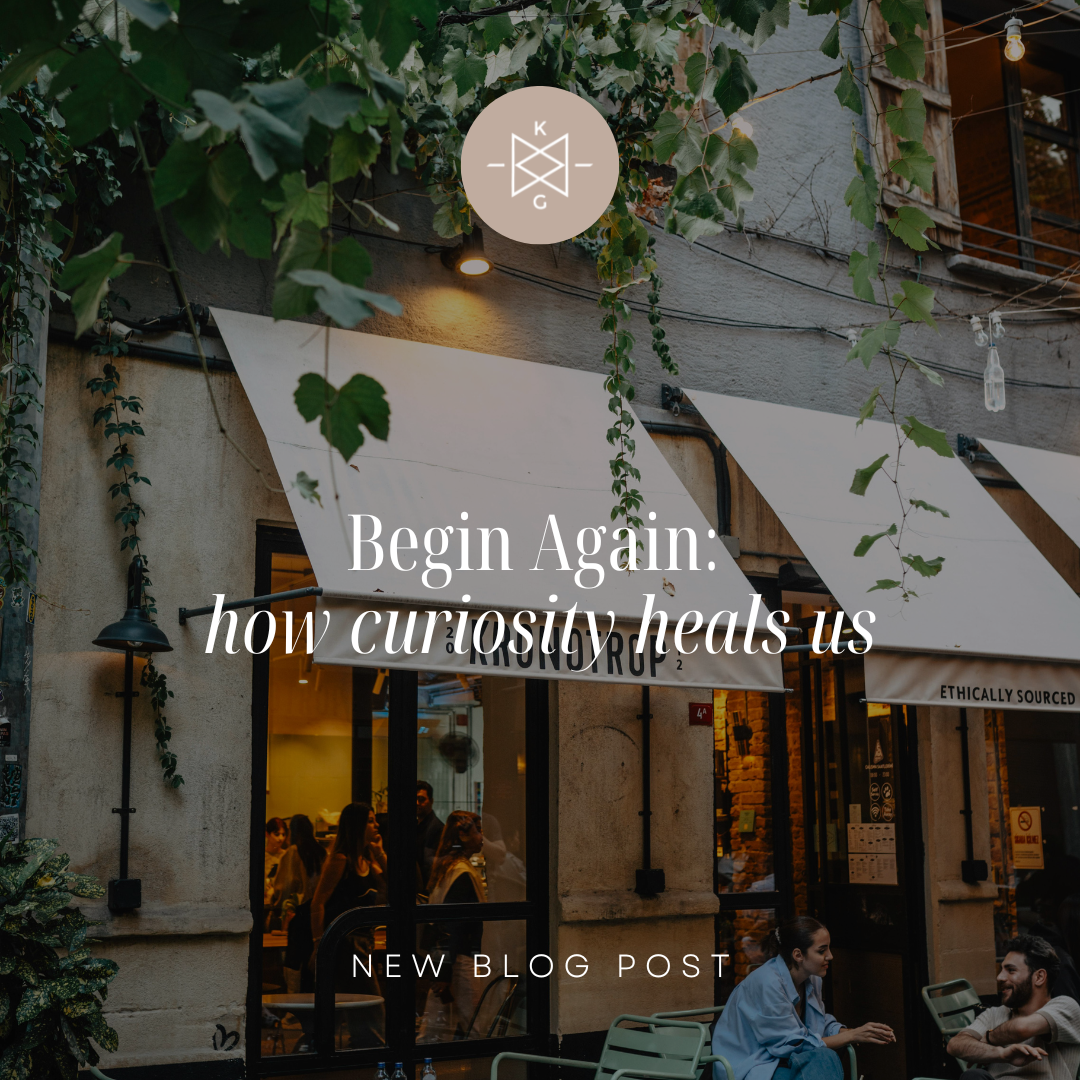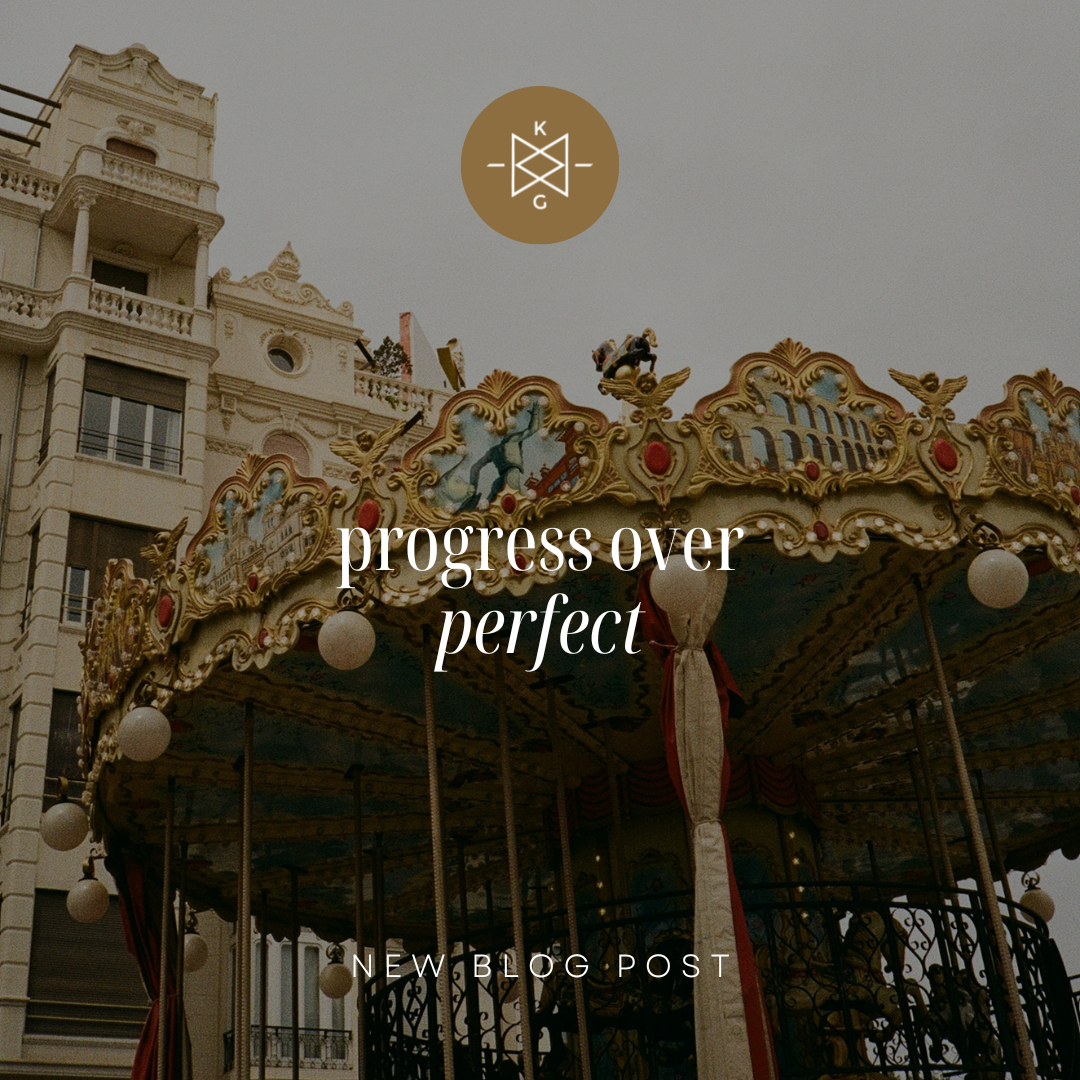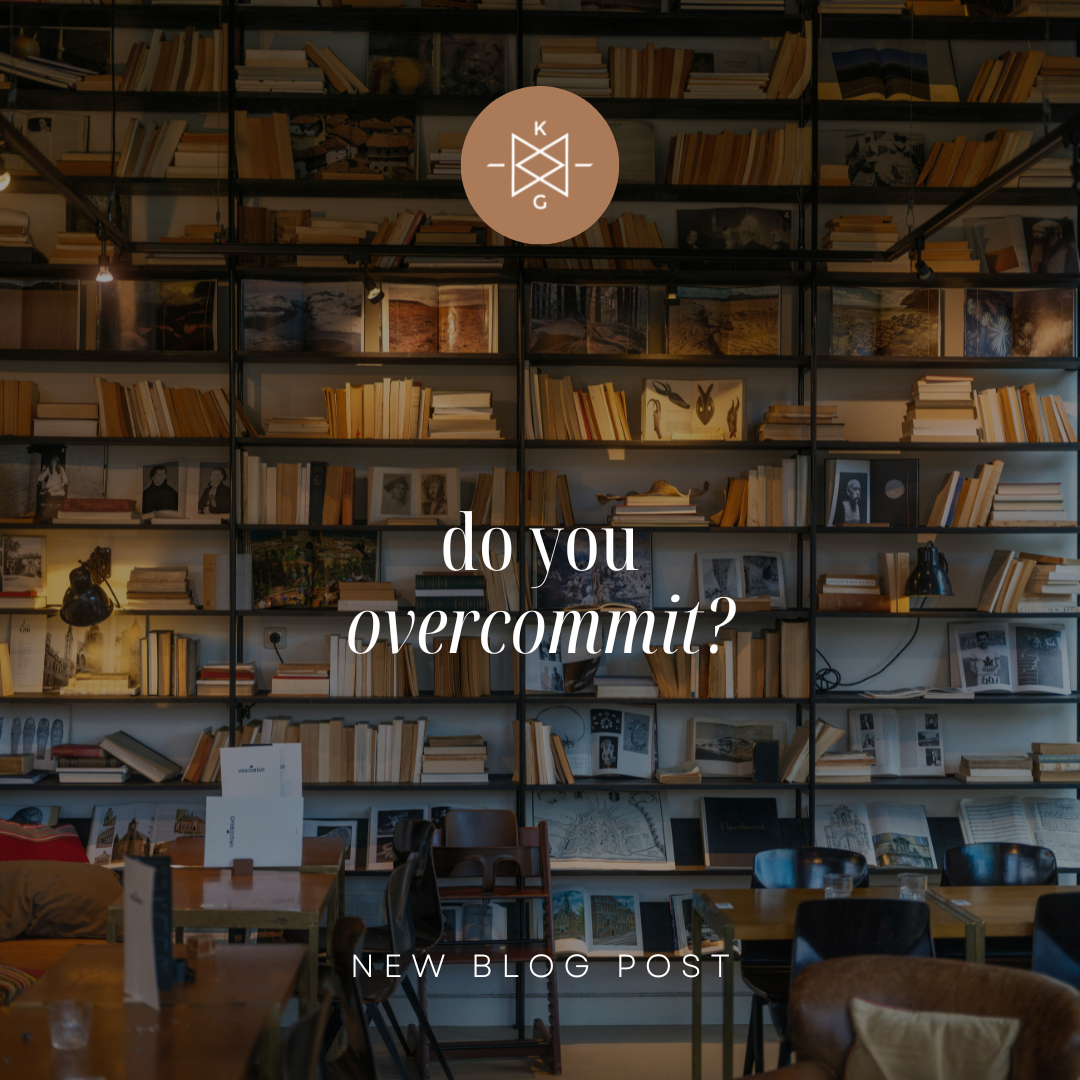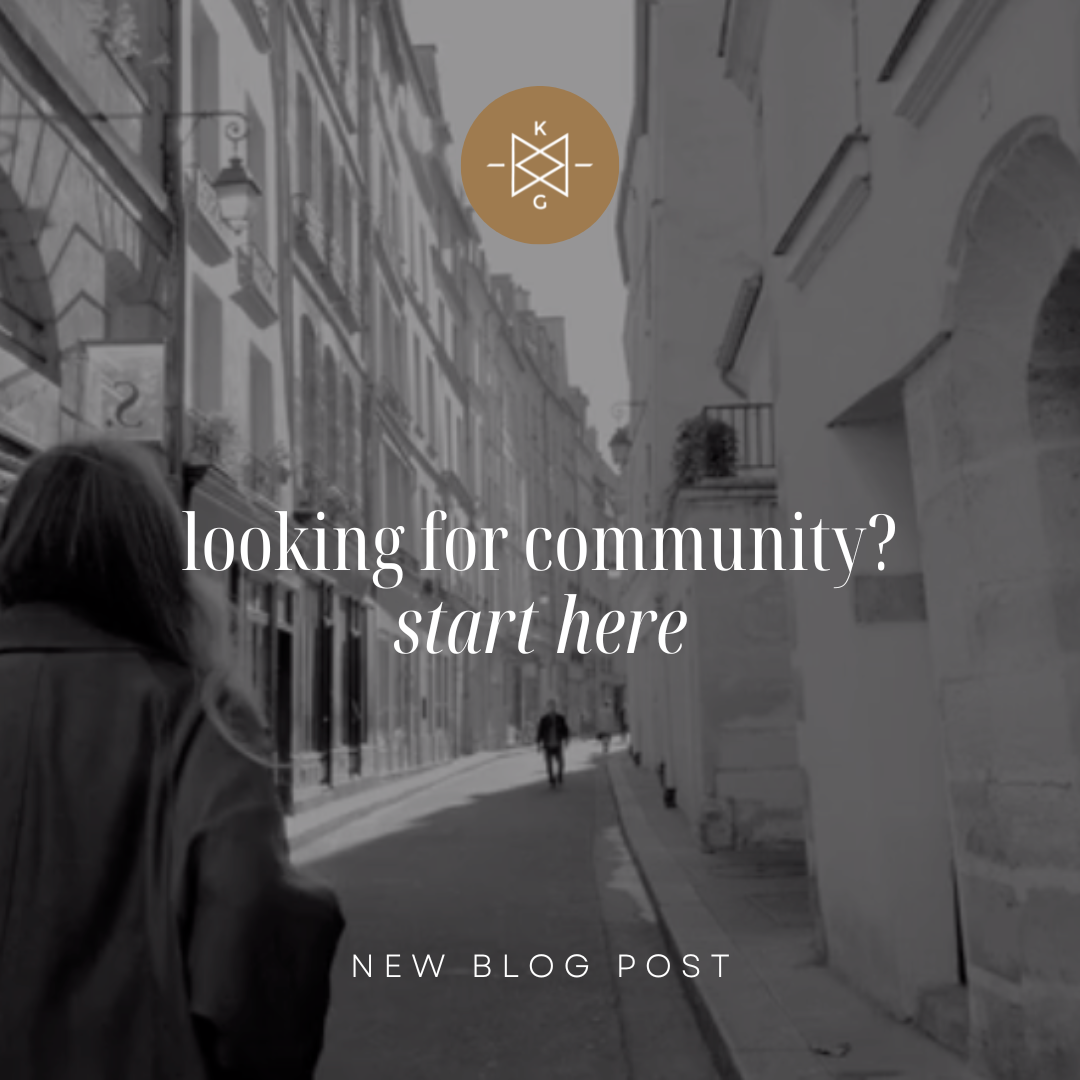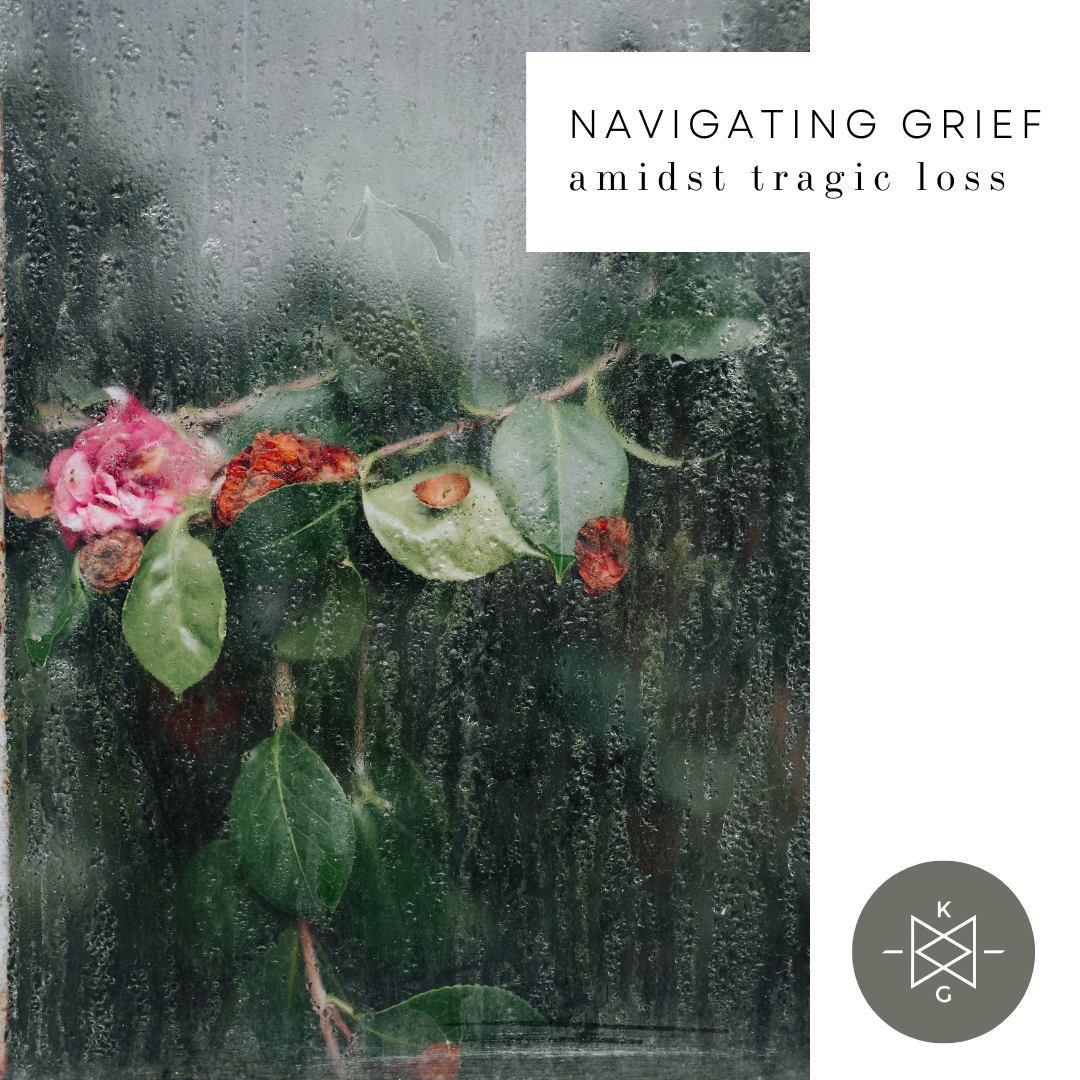
The Blog
Recently Featured
All Blogs
What do you really want?
“Desire is the starting point of all achievement, not a hope, not a wish, but a keen pulsating desire which transcends everything.”
-Napoleon Hill
What’s stopping you from doing what you truly desire? In my experience, it is much harder to do what I truly desire when I’m acting as my own worst enemy.
However, when I get out of my own way and start playing for instead of against my team, big things happen. It’s up to me to get out of my own way and embrace the responsibility of loving and taking care of myself.
Perhaps the greatest tool alongside therapy that has equipped me to do this is the Enneagram. It has been a steady companion, giving me the language to express lonely truths I thought were mine alone, as well as reasons for doing the clumsy things I so often do. The Enneagram has gently shown me all the ways I wear false--if not fashionable--masks of personality to protect myself from being truly seen and perhaps rejected. It has shown me the great potential that awaits (when I do step out of my own way).
You may know about the Enneagram, and if so, I’m grateful. It’s not just a hyped-up trend or personality box. In fact, it traces so far back, experts can’t quite nail down its conception. Even the modern Enneagram of personality has stood the test of time, and I’m thrilled more and more people are bringing it into their homes, relationships, and dinner conversations.
As we gear up this Spring, let’s take the time to become our own best friend…to connect back to the little girl who only knows love and has no clue how to lie or be afraid or confuse success with love.
If this feels wildly out of reach and too esoteric, don’t worry, you’re not alone, I’d love to support you in your desire to truly thrive. I’ve got a trusted roadmap to get us there.
You ready? Join me in the Practice.
Navigating Grief Amidst Tragic Loss
“Let everything happen to you, beauty and terror. Just keep going, no feeling is final.”
-Rilke
This past week, an unspeakable tragedy hit my very own backyard of Nashville, TN. Literally, you can see Covenant Presbyterian School and Church from our back deck. The recent school shooting in our quiet little neighborhood of Green Hills has had a ripple effect all across our country.
It was 10:30 am on Monday morning. I was on my way downtown to Centennial Hospital for a pre-op appointment. As I sat blankly, waiting for the light to turn green at the corner of Franklin road and Harding, I noticed a blur of police cars flying past me. Traffic was stopped.
“Lord, have mercy.” I prayed, unknowingly. I got on the interstate and started to receive an influx of texts. My friend Beth called me. Our sons are in pre-school together. Feeling a little uneasy, I let it go to voicemail to stay focused on my drive downtown. I had a sick feeling in my stomach.
As I came to a light on Church street, just a few blocks from the hospital, I looked at my phone long enough to read a few of the texts. My whole body froze and I got lightheaded. My heart pounded in my chest. No stranger to panic attacks, I started to buckle. I just needed to get to the parking garage. “You can do this, Katie.” I muttered under my breath.
As I parked I called my husband, Daniel. Hysterical, I stammered out, “Is it true?” He turned on the news and started to get more information on the school shooting right around the corner from my son’s school. Without all the details and the steady man that he is, he helped me breath and calm down so I could get through the appointment and get home. Thankfully, we had kept Tucker home from school that day due to a nasty cough. They were both safe at home.
But this wasn’t the case for so many others who suffered unimaginable loss that day.
After the hysteria and panic subsided, I got angry. Angrier than I can remember getting in a very long time. Throughout the days and week, I learned stories connected to the people, the place, and the unfolding of the day.
You probably have some similar story that connects you to this or other tragic events. I pray God is near to you during these fragile minutes and hours of every passing day.
Navigating grief amidst tragic loss is downright awful—punishing. It’s not linear. It’s messy as hell. I could give you the soup to nuts on the grief process and hope it might be helpful but this is not that post.
Today, I want to give you one simple word: CLING.
Cling to prayer if you’re the praying type.
Cling to people who love you.
Cling to breath when everything else feels too hard.
Cling to truth and monitor what you’re letting in.
Cling to self-care so you can metabolize your felt emotions and pain.
Cling to the hope that God didn’t bring us here to leave us here.
And just like Mr. Rogers’ mother told him when responding to scary news, “Look for the helpers.”
If you are struggling to navigate this thick and complex grief in response to the Covenant School shooting, please reach out for help. I’d love to be a resource for you right now.
Rising from the Rubble — 3 Timely Reminders about Trauma
"Don't allow your wounds to transform you into someone you are not."
- Paulo Coelho
Hello Friend,
Today’s post is one I’ve had a difficult time writing for two weeks now. The horrific blow of last Sunday’s shooting at the Route 91 Harvest Festival in Las Vegas has left me pretty numb in the way that this type of fear-generated evil does. I hate it.
I don’t know how you’ve processed it, yet if you are like me, layers and layers of hateful behavior tend to leave me feeling helpless, and often as a result, apathetic.
How can I help?
Is our world going to hell in a handbasket?
What next?
The grim reality sets in and my callouses begin to peek through.
Wait a minute though, that’s me responding to fear with fear… or even worse, apathy!
This is perhaps the greatest danger possible: that fear would settle into apathy, and we might surrender to a new normal of acquiescence and cynicism.
Fear, in the very least, elicits some reaction. Apathy does nothing.
After a week of wallowing, I feel a healthy dose of righteous anger rising up and simply can’t back down.
I’m grateful not to have lost anyone in the tragic attack. However, I’ve witnessed several who have been directly affected, unexpectedly saying goodbye to loved ones and life partners as well as having a branded traumatic experience filed away on a cellular level. I cannot begin to comprehend that depth of sorrow, and I sincerely pray for comfort in their desperate time of need.
How are you doing in light of all of this?
Do you find yourself in the throws of pain and powerlessness despite not being directly affected by the shooting? I’ve found that highly creative people also tend to be highly sensitive to what is happening around them. You fall in this category.
You are drawn to the interior journey towards wholeness and integration which is something not everyone signs up for. Your willingness to connect is in and of itself intrinsically a creative, out-of-the-box endeavor.
Here are a couple of reminders regarding trauma as we assess the damage, lean into the conversation, and rise from the rubble:
1) Trauma is trauma no matter how you slice it.
I like the definition of trauma that says it is anything unwanted or unnatural that happens to you. Just because you weren’t there in that open amphitheater in Vegas does NOT mean you aren’t suffering secondary or tertiary trauma.
Simply being victim to 24-hour news coverage of the terror can be enough to blanket you in a thick layer of indirect trauma. Knowing our limits to information and “breaking news” is a good thing.
We’ve all been affected on different levels, and no one is comparing trauma to trauma: it's all relative, and we’re all in this together as different parts of the collective body.
2) Grinning and bearing it is old news and going the “stoic” route won’t cut it.
Inevitably, when we try to stuff our trauma or any emotion for that matter, it will eventually come out somehow and not in the loveliest of fashions.
Any time we experience loss, we must grieve it. What I’m learning about grief is it MUST be witnessed by safe people in our court whether it be a family member, a trusted friend, and/or a therapist/spiritual director. We cannot grieve in a void.
3) Find a creative outlet.
For me, this is writing. I’ve damn near filled up two journals in the past month boiling over with unfiltered and unapologetic responses to natural disasters, political conundrums, and most definitely, the recent shooting in Vegas. (I may as well be committed if anyone were to read said journal entries.)
I devoted several pages to Tom Petty in there as well— he was surely a brave and gifted soul, iconic and irreplaceable on every level.
What is your outlet? Painting, baking, sculpting, guitar, yoga, or dance? Whatever it is, pour your heart into it. Emotional energy must be expressed, not repressed. Repression and avoidance are siren songs that allure numbing agents like booze, food, drugs, work, and the like to make their seductive pitches. We’ve got to get out in front of them by tapping into our inherent creative essence.
I’ve got more resources coming to you here very soon, but for now, here’s the invitation for you and me: we all have our own work to do in keeping our interior landscapes clean so as not to fall asleep in a stagnant pool of apathy.
If you or someone you know is currently experiencing a fall-out from recent tragedies, reach out. Don’t let lack of resources, fear of judgement, or perhaps the unknown, hold you back. Nashville is fighting back from a place of love and accountability. Join me on this path to connection, integration, and courage as we bridge the gap for the broken and openly talk about our wounds.
Take heart, my friend—you are not alone. We are all inexplicably in this together. That is the invaluable, stunning nature of the human spirit in its purest form: our pain joins us together and binds us into a beautifully broken patchwork that heals us over time. Let this be your anchor as chaos and loss sweep heavily over our hearts. It has surely been mine.
Love & Gratitude,
Katie
xoxo
Brainspotting 101
Where we look affects how we feel
What is Brainspotting?
The world of psychology is quickly progressing in the direction of brain based science these days, which is beyond cool to me. Brainspotting (BSP) is a “brain-body based” relational therapy developed by Dr. David Grand used to heal emotional pain and blocks, and is especially effective when treating trauma. Here’s how it works:
Where we look affects how we feel
What is Brainspotting?
The world of psychology is quickly progressing in the direction of brain based science these days, which is beyond cool to me. Brainspotting (BSP) is a “brain-body based” relational therapy developed by Dr. David Grand used to heal emotional pain and blocks, and is especially effective when treating trauma. Here’s how it works:
Basically, when you hold a particular eye position while concurrently having biolateral sound in your ears, it is possible to access trauma stored way down deep in the subcortical part of the brain, a place that traditional talk therapy alone cannot touch. Because trauma is housed, or filed away in capsule like bundles in this mid part of the brain, techniques such as BSP have been proven to unlock these painful experiences, allowing for the brain to process them as past tense events instead of crippling now and future experiences.With the lightened physical and emotional load, we are no longer weighed down by trauma and associated pain trapped in the body and can function at much higher levels. Many people, including myself, experience relief in body tension and alignment, as well as a greater ability to be in the present moment, free from that constant tendency to live “out there” either in a past or future mind set.
Intrigued? There’s more…
Each and every brain is literally a genius, containing one quadrillion (1,000,000,000,000,000) neuron connections (Daniel Amen). That’s 15 zero’s people!! That being said, those connections link and associate to and around traumatic experiences and build over time, forming capsule like containers in the mid brain, which controls our bodily function, instinct, thought, creativity, and spirituality. This is why trauma often stunts functioning and points us to therapy in the first place. Perhaps the best news I’ve gathered in my personal research and training is that the brain is so powerful, so resilient, it is capable of healing itself. BSP advances this healing dramatically. I have been fascinated by the mind-body connection for some time now, and learning this new technique is only whetting my appetite for greater healing through that connection.
Who benefits from Brainspotting?
BSP is helpful and applicable for anyone facing challenges and feeling stuck. It is used often for anxiety, depression, relational problems, functioning problems, and chronic pain. Trauma victims benefit hugely as stated earlier. In thinking about trauma, keep in mind that this means anything unwanted or unnatural that we experience. There are the “Big T” traumas and “Little t” traumas. Our unique stories of personal pain and hardship are all relative; I can’t discount my trauma just because it might not look as vivid and awful as yours. Your story, your pain is what you know and that makes it enough to reach out for resources of healing and support. BSP and therapy in general must always hold our unique personal journeys very gently and without judgement.
The Creative and Brainspotting
One of my favorite things about BSP is its proven effectiveness with creatives, performers, and athletes. As mentioned earlier, trauma can severely stunt functioning. By getting into those deep, bundled associations around past trauma, we let go of them in the present moment and see them as past tense.
This enhances our creative and athletic performance and frees up space for mindfulness, expression, and mind-body connection.
Does BSP replace Talk Therapy?
Not at all. I’m a big believer in an integrated approach to therapy, tailoring treatment to fit the specific and unique needs of the client. BSP is part of this holistic approach and by no means substitutes the need for talk therapy. However, sometimes I do believe we talk around challenges and issues in therapy too much, rebranding it in our beings. If I am doing my job to the best of my ability, clients will spend less time in therapy and more time out in the world connecting to their best selves. I am beyond excited to incorporate brainspotting into my therapeutic model in order to help clients achieve greater peace and fulfillment than ever before.
